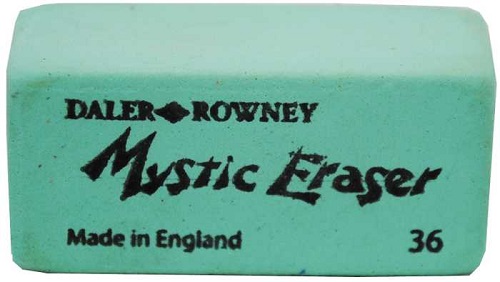FWP:
SETS == IDIOMS;
MUSHAIRAH
LIFE/DEATH: {7,2}
VOWS: {20,2}
Ghalib is always happy to launch himself into the zigzag progress of a good paradox, and in the first line he does so with a vengeance. We can only wait-- under mushairah performance conditions-- and speculate, and hope for enlightenment in the second line. But in proper mushairah-verse style, the second line too remains completely opaque, until the last possible moment, in the rhyme-word itself, when qasam finally pulls the whole verse together, and reminds us with a sudden burst of amusement of the idiom, and makes us laugh and say vāh vāh .
At least for this verse, most unusually, we have some helpful interpretive comments from the poet himself.
This one reminds me also of the question of whether the beloved's waist exists or not, in {100,3}, and the claim that a scar is a 'token' of a liver {138,7}. Other verses have also played specifically with the idiomatic pleasures of qasam : for some examples, see {89,3}.
Note for grammar fans: Strictly speaking, we should read apnī fanā as 'its own death' (that of the 'existence'); but of course the possessive bleeds over semantically to convey the idea of 'our own death'. For more on this relatively free usage, see {15,12}.

Ghalib:
[1863, to Majruh:] First understand what a qasam is. How tall is its stature? What are its hands and feet like? What kind of complexion does it have? When you can't tell this, you'll realize that qasam is not a body or an embodied thing. It is only hypothetical. Its presence is only in the mind. Its existence is like that of the [mythical bird] Simurgh. That is, it can only be named, not seen. Thus the poet says that when I became my own qasam , then it's as if in that situation my being is the proof of my non-being. (Arshi 296)
==Urdu text: Khaliq Anjum vol. 2, p. 542